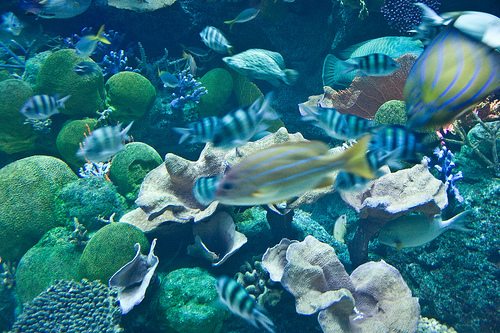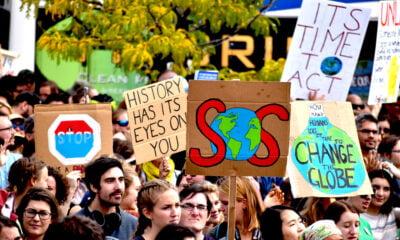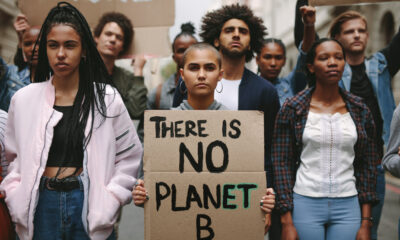

News
Climate change will affect people who rely on the oceans
If levels of greenhouse gases in the atmosphere fail to decrease, our oceans will become warmer and more acidic by 2100, affecting the lives of 870 million of the world’s poorest people, a new study has found.
According to a team of researchers led by Camilo Mora of the University of Hawaii, amplified levels of greenhouse gas are causing biogeochemical changes in the marine environment, which are likely to severely affect ocean habitats.
The study, published in Public Library of Science Biology journal, compares two scenarios, one in which emissions remain at the current levels and one in which they are rapidly reduced. In the first case, carbon dioxide (CO2) in the atmosphere would hit 900 parts per million (ppm) by 2100, leading to poorer health, greater acidification and less oxygen in the seas.
Mora said, “The consequence of these co-occurring changes are massive – everything from species survival, to abundance, to range size, to body size, to species richness, to ecosystem functioning are affected by changes in ocean biogeochemistry.”
Researchers analysed 32 different marine habitats and found that all of them would feel the climate variations. Not only the changes will affect the ecosystem and cause a massive reduction in marine species, but they would also hit million of poor people that rely on the oceans for food, jobs and revenues.
Co-author Andrew Sweetman said, “The impact of climate change will be felt from the ocean surface to the sea floor. It is truly scary to consider how vast these impacts will be. This is one legacy that we as humans should not be allowed to ignore.”
Further reading:
Ocean Health Index indicates food security could be at risk
Declining health of oceans of ‘gravest concern’ to life on Earth
Neglecting our oceans could cost trillions
































